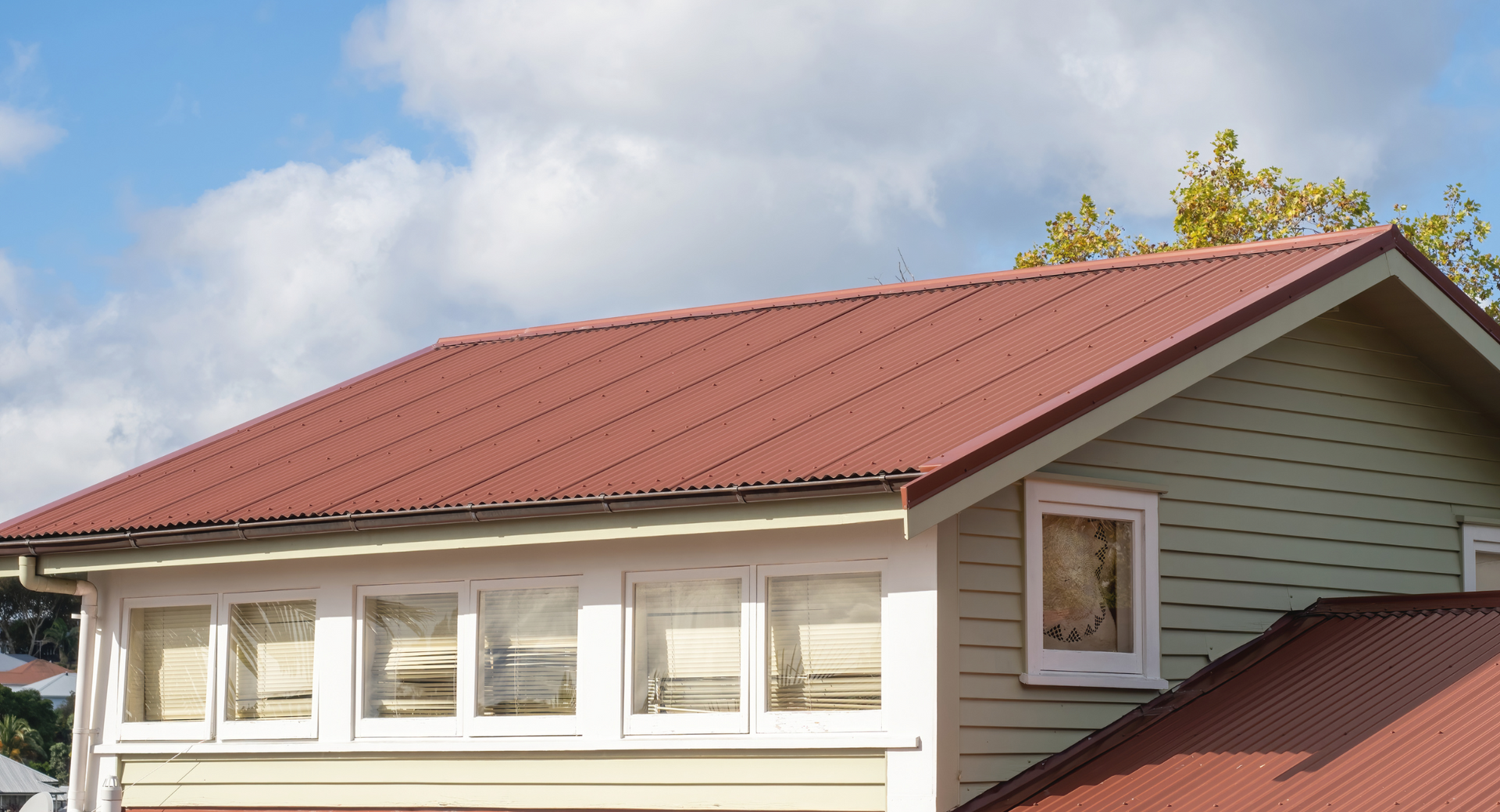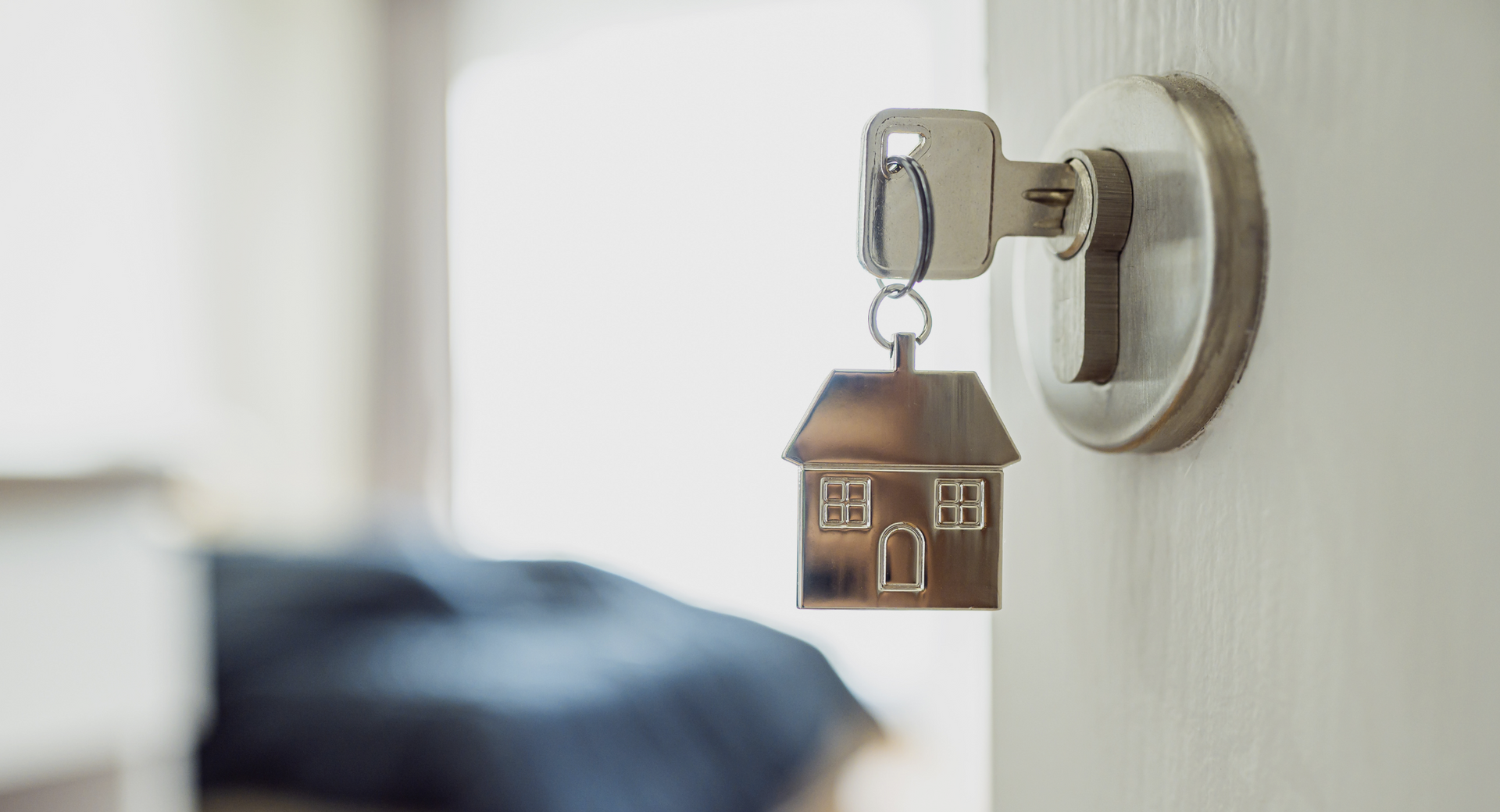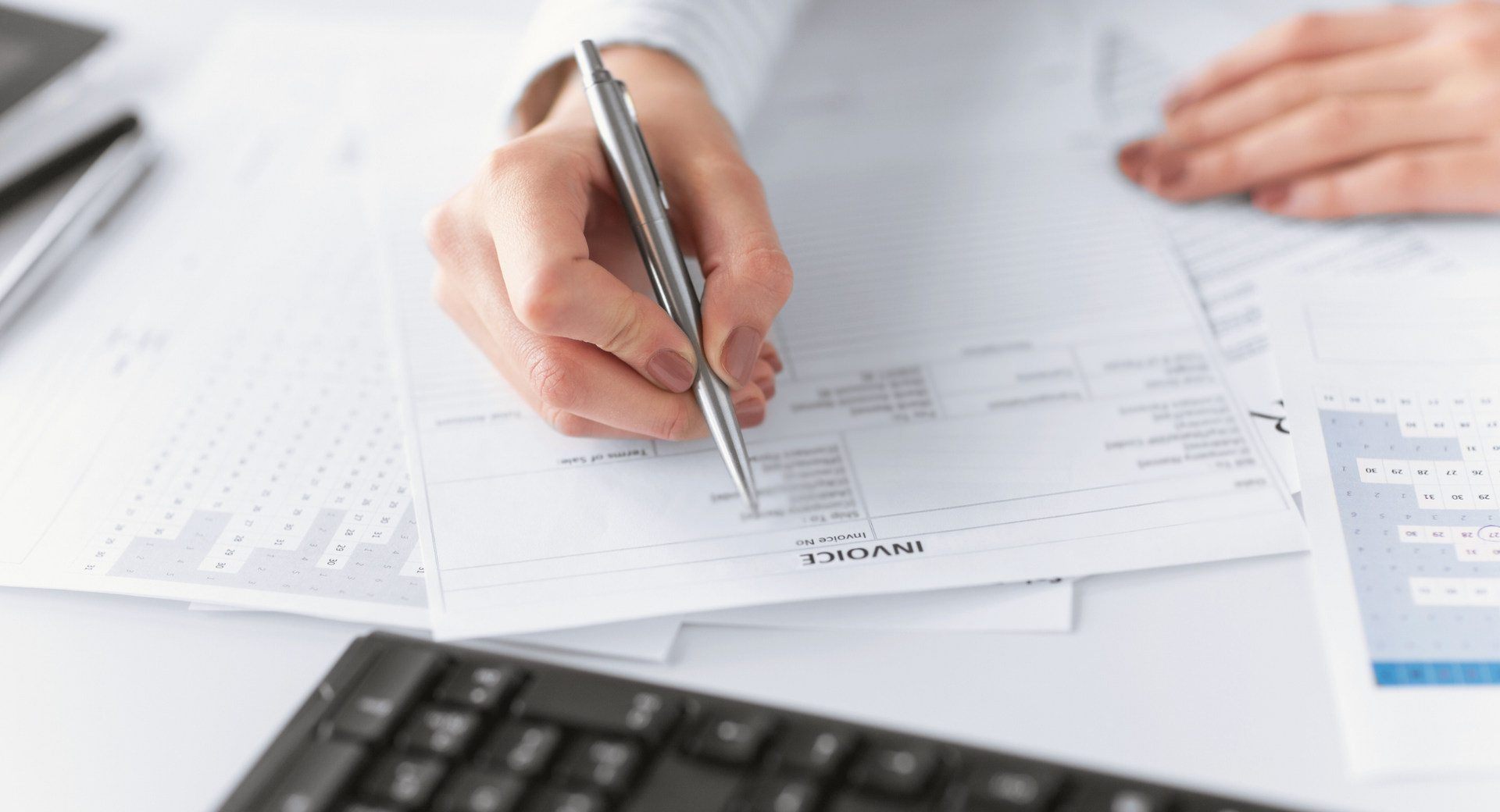Did you know there are several different types of residential properties in New Zealand? It is, therefore, imperative you undertake your due diligence before entering into an unconditional agreement to purchase a property. Ensure the property is the right type of property for you; regardless whether it be freehold, cross lease, a unit title, or leasehold property.
Leasehold is a less common type of property in New Zealand. More often than not, you will find leasehold properties are apartments or properties nearer the waterfront, particularly in Auckland around the Viaduct and Mission Bay areas.
What do I need to know before purchasing a leasehold property?
When purchasing a leasehold property, you purchase an exclusive right to possession and occupation of the land and the buildings situated thereon for a specific period of time. You are not purchasing the land and buildings outright. These remain the property of the freehold owner (generally known as the “landowner”).
A lease document will be registered on the Record of Title for the property. It is important you understand this document as it will set out the term of the lease, the amount of rent payable by you, how and when rent reviews can be undertaken, and the obligations imposed upon you as the leasehold owner.
The term of the lease can vary from a few years, to decades, to 100+ years. Your legal advisor will review the lease document to ascertain the term of the lease and advise you on it.
Leasehold properties that have leases for a longer period of time are generally more expensive to purchase than those with a shorter lease because you are buying the right to possess and use the property for a longer period of time.
The “leaseholder”, being the purchaser and owner of the leasehold property, will be responsible for payment of regular ground rent payments to the landowner. The amount of ground rent payable will be stipulated in the lease, together with details of any rent reviews the landowner may be entitled to undertake. In addition to the ground rent, operating expenses, which include rates, are payable, and, if the property is a unit title, body corporate fees and insurance are payable. Some leases are fully prepaid to the end of the lease term with no right of renewal.
In terms of rent reviews, these could be minimal or drastic. The valuation of the property may determine the review of the ground rent, and, therefore, if, say, the rent is only reviewed every twenty years, it is likely to increase more drastically because the capital value of the property would have increased significantly over that twenty-year period as well. In some cases, rent is increased so significantly owners cannot afford to pay it, leaving them no option but to abandon the property: they lose their home as well as the money they invested in it (including the purchase price they paid for the leasehold interest as well as any maintenance and improvement costs). The rent reviews can be subject to mediation or arbitration if the leaseholder feels the rental is unfairly increased. But, this can be a costly and lengthy exercise.
The closer the rental term is to ending, the harder it will be to sell the property; especially if, there is no right of renewal of the ground lease. For example, a lease with 75 years to run may fetch a good price now, but, when there is only 17 years remaining for the lease to run, the sale price may be substantially less.
So, why do people continue to purchase leasehold properties, rather than rent? What are the pros and cons of purchasing leasehold property?
In the long run, it is possible purchasing leasehold property could be cheaper than renting. Although, you are paying an outright amount for the initial lease, the ground rent may be cheap which could be more cost effective than renting.
Leasehold properties are also generally cheaper to purchase than other types of property (such as freehold) as you are only purchasing an exclusive right to possess the land and buildings, rather than purchasing the land and buildings themselves. This makes it more affordable to purchase property in more desirable and sought-after areas, such as inner-city or waterfront locations. Properties in those locations would cost significantly more to purchase if they were freehold.
Also, if you purchase a leasehold property and later sell it for a profit, you would benefit from the gain that you have made. You would also not be subject to regular landlord inspections of the property as you would if you were a tenant.
However, it is important you understand the potential cons of purchasing a leasehold property. The rent can be increased when a rent review is due. As mentioned above, rent reviews can be substantial. It is important you discuss the terms of the lease with your legal advisor; so that, you understand what the current rental is, when it was last reviewed, when the rental is due to be reviewed next, and what the rental increase could potentially look like. In some instances, the ground rent may be minimal. And, there may be no provision for rent reviews in the lease, which would make the property more affordable and which would give you certainty to allow for long-term financial planning. Alternatively, the rental could be fully prepaid to the end of the lease term.
Owning a leasehold property could also be seen as owning a “dwindling asset”: if you have obtained mortgage finance to purchase the property, you will be required to repay the mortgage together with the ground rental and rates. At the end of the term of the lease, you won’t have anything to show for it other than any capital gain you may make on the sale of the lease. Some mortgagees will only lend a lesser percentage on leasehold properties rather than on freehold, but this is something you may need to check with your lender.
Leasehold properties can be more difficult to sell than other types of properties; particularly as, they are a less common property type. Therefore, many people are not familiar with the concept of leasehold. This should be taken into consideration if you are looking to purchase a leasehold property and do not envisage owning it for a substantial period of time.
What happens at the end of the term of the lease?
If the term of the lease is reached without it being extended, the leasehold owner would pass the keys back to the landowner, who would then be able to decide what they wish to do with the property. As the leasehold owner, you are not paid out any money when the property is returned, and the lease comes to an end.
If you are looking to purchase a property in New Zealand, whether it be leasehold or any other type of property, we would be delighted to assist you. For more information, please contact Danielle Moore.



